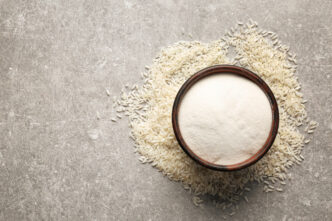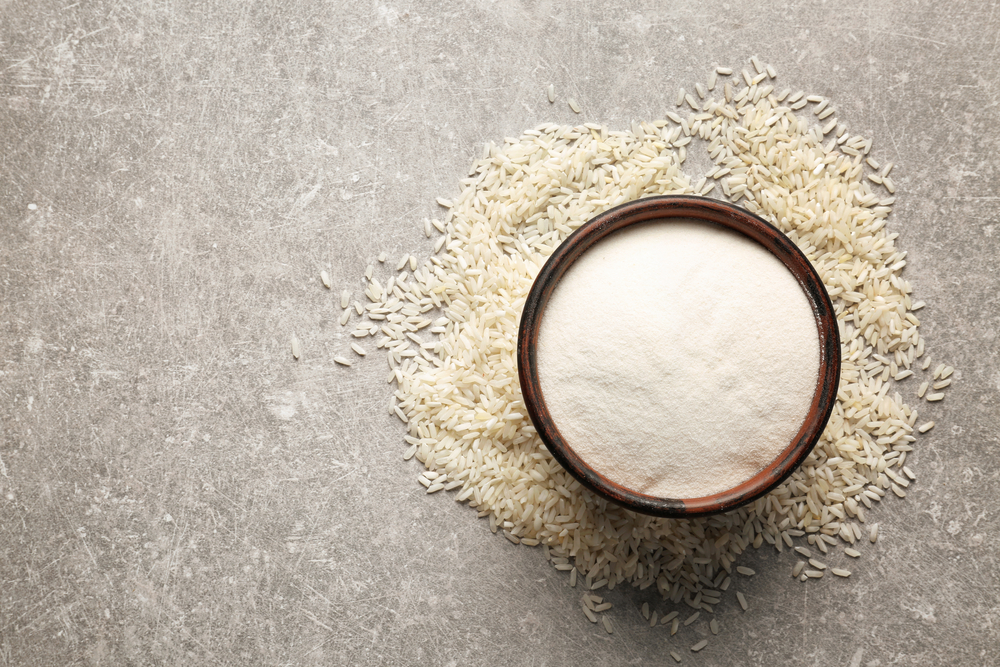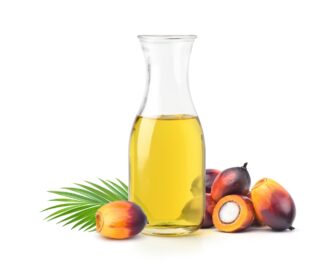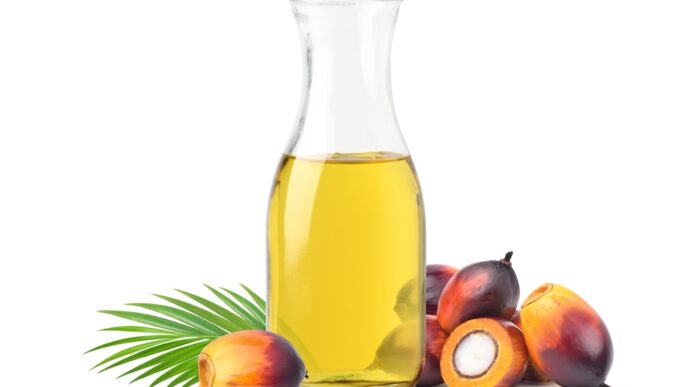Rice protein powder may not be as well-known as whey, soy, or pea protein, but it holds its own with several benefits. It has been gaining attention for its easy digestibility and low allergen potential, making it especially suitable for those with dietary restrictions.
WORDS LIM CHIA CHIA
 FEATURED EXPERT FEATURED EXPERTLIM CHIA CHIA Dietitian Sunway TCM Centre |
When people think of rice, its usually seen as a source of carbohydrates, a main source of energy that our body needs, especially in Asian diets.
But rice offers more than just energy. When processed into protein powder, it becomes a valuable plant-based source of nutrition.
Rice protein has been gaining attention for its easy digestibility and low allergen potential, making it especially suitable for those with dietary restrictions.
A CLOSER LOOK AT RICE PROTEIN
Rice protein is a plant-based protein powder derived from rice, typically brown rice.
It is produced by using enzymes or natural extraction methods to separate protein from carbohydrates.
A Source of Protein
Because rice protein is plant-based, it is suitable for vegans and vegetarians that do not consume animal sources like meat, fish, eggs and dairy.
- The protein in rice mainly consists of glutelin, albumin, globulin, and prolamin.
- Each of these proteins contribute unique nutritional benefits and functional properties.
- Furthermore, rice protein contains both essential and non-essential amino acids.
- However, it is relatively low in lysine, an essential amino acid, compared to other protein sources.
|
Good Nutritional Value
- Hypoallergic (less likely to cause allergy reactions). Ideal for people with food allergies or intolerances as it is free from dairy, gluten, soy and nuts.
- Easy to digest. Gentle on the stomach, thus less likely to cause bloating or discomfort.
- Helps with recovery of muscle strength. Support muscle repair and recovery when consumed after exercise.
- Heart-friendly. Recent studies suggest rice protein can support lipid metabolism and may lower blood cholesterol levels.
How Rice Protein Compares to Other Common Plant-Based Protein
| TYPE | INFORMATION |
| Rice protein |
|
| Pea protein |
|
| Soy protein |
|
WHO COULD BENEFIT FROM RICE PROTEIN?
- Vegans and vegetarians. Rice protein is entirely plant-based, making it an excellent alternative to animal-based protein.
- People with food allergies or intolerance. Rice protein is hypoallergenic as well as free from common allergens like dairy, soy and gluten.
- Athletes. Rice protein provides a good range of amino acids, and it can help with muscle building and recovery.
- People with sensitive digestion. Rice protein is gentle on the stomach and easy to digest, making it suitable for everyone.
- Individuals recovering from illness or digestive issues. Rice protein is a non-irritating and gentle protein source during recovery or when one’s digestive capacity is reduced.
IN CONCLUSION
- Rice protein is a good alternative to animal-based protein, especially for individuals following a vegan diet and those with food allergies and intolerances.
- Although rice protein is naturally low in lysine, it is often combined with other plant proteins like pea protein to provide a complete amino acid profile.
- This combination ensures a balanced nutrition and makes rice protein a versatile choice for supporting a healthy diet.
| This article is part of our series on foods and how consuming these foods can affect various aspects of our health. |
References:
- Shanthakumar, P., Klepacka, J., Bains, A., Chawla, P., Dhull, S. B., & Najda, A. (2022). The current situation of pea protein and its application in the food industry. Molecules, 27(16), 5354. https://doi.org/10.3390/molecules27165354
- Jayaprakash, G., Bains, A., Chawla, P., Fogarasi, M., & Fogarasi, S. (2022). A narrative review on rice proteins: Current scenario and food industrial application. Polymers, 14(15), 3003. https://doi.org/10.3390/polym14153003
- Hoogenkamp, H., Kumagai, H., & Wanasundara, J. P. D. (2017). Rice protein and rice protein products. In F. Mariotti (Ed.), Sustainable protein sources (pp. 47–65). Academic Press. https://doi.org/10.1016/B978-0-12-802778-3.00003-2
- Zhao, H., Shen, C., Wu, Z., Zhang, Z., & Xu, C. (2020). Comparison of wheat, soybean, rice, and pea protein properties for effective applications in food products. Journal of Food Biochemistry, 44(4), e13157. https://doi.org/10.1111/jfbc.13157
- Kalman, D. (2014). Amino acid composition of an organic brown rice protein concentrate and isolate compared to soy and whey concentrates and isolates. Foods, 3(3), 394–402. https://doi.org/10.3390/foods3030394










